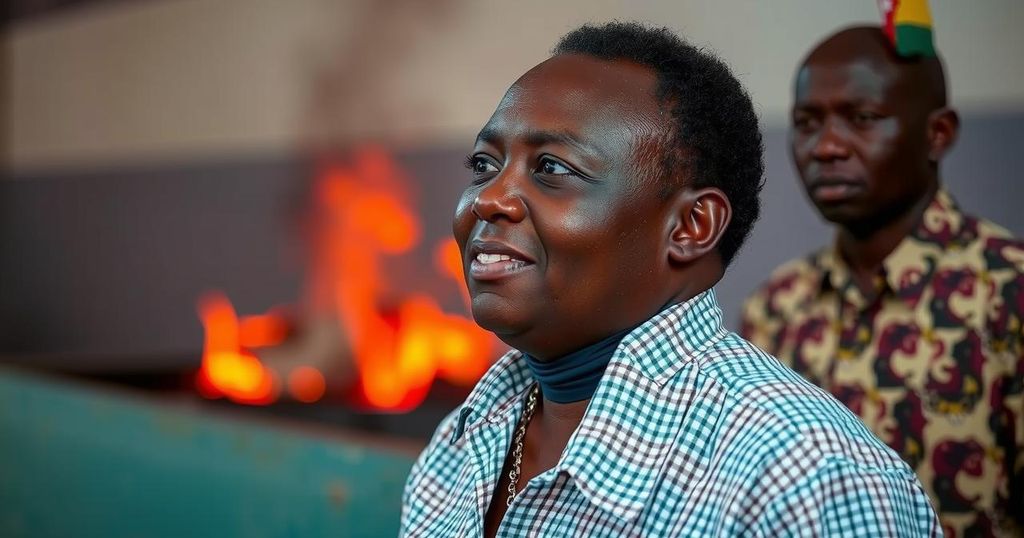Following the Constitutional Council’s confirmation of Frelimo’s election victory, at least 21 people have been killed in Mozambique amidst widespread protests from opposition supporters, who allege electoral rigging. The unrest underscores ongoing political tension and dissatisfaction with governance in the country.
In Mozambique, at least 21 individuals have lost their lives following widespread unrest triggered by the confirmation of the long-standing ruling party Frelimo’s electoral victory by the Constitutional Council on December 23. This ruling has ignited protests across the nation from opposition factions and their supporters, who assert that the electoral process was fraught with irregularities. The unrest reflects deep-seated political tensions and dissatisfaction with the status quo in Mozambique’s governance.
The discontent has been characterized by large-scale demonstrations as the opposition mobilizes against what they perceive as a fraudulent electoral outcome. The protests have met with a heavy response from security forces, leading to fatalities and raising concerns over human rights violations amidst efforts to manage the civil unrest. As the situation develops, the political landscape in Mozambique remains fraught with uncertainty and potential for further escalation.
Understanding the context of Mozambique’s current unrest requires an examination of its political history, particularly regarding Frelimo, which has maintained a tight grip on power since the country’s independence in 1975. The credibility of the electoral processes has often been questioned by opposition parties, contributing to ongoing political tensions. The recent Constitutional Council ruling marks a critical moment that underscores persistent grievances over governance in Mozambique and the struggle for democratic transparency.
No direct quotes were found in the original text to include.
[The links to authoritative sources have not been provided in the given content.]
In conclusion, the confirmation of Frelimo’s electoral victory has resulted in significant unrest in Mozambique, with the loss of over 20 lives amidst escalating protests. This situation highlights the profound frustrations among opposition groups regarding electoral integrity and governance. As tensions continue, the implications for Mozambique’s political stability remain uncertain, necessitating close observation from domestic and international stakeholders.
Mozambique’s political landscape is heavily dominated by the Frelimo party, which has been in power since the country gained independence from Portuguese colonial rule in 1975. Over the years, challenges to its electoral legitimacy have been voiced, especially during election cycles. The recent decision by the Constitutional Council to uphold Frelimo’s election win compounds those historical grievances, as opposition groups contest the fairness and transparency of the electoral process, signaling a critical juncture in Mozambique’s democratic evolution.
In conclusion, the confirmation of Frelimo’s electoral victory has resulted in significant unrest in Mozambique, with the loss of over 20 lives amidst escalating protests. This situation highlights the profound frustrations among opposition groups regarding electoral integrity and governance. As tensions continue, the implications for Mozambique’s political stability remain uncertain, necessitating close observation from domestic and international stakeholders.
Original Source: www.france24.com






